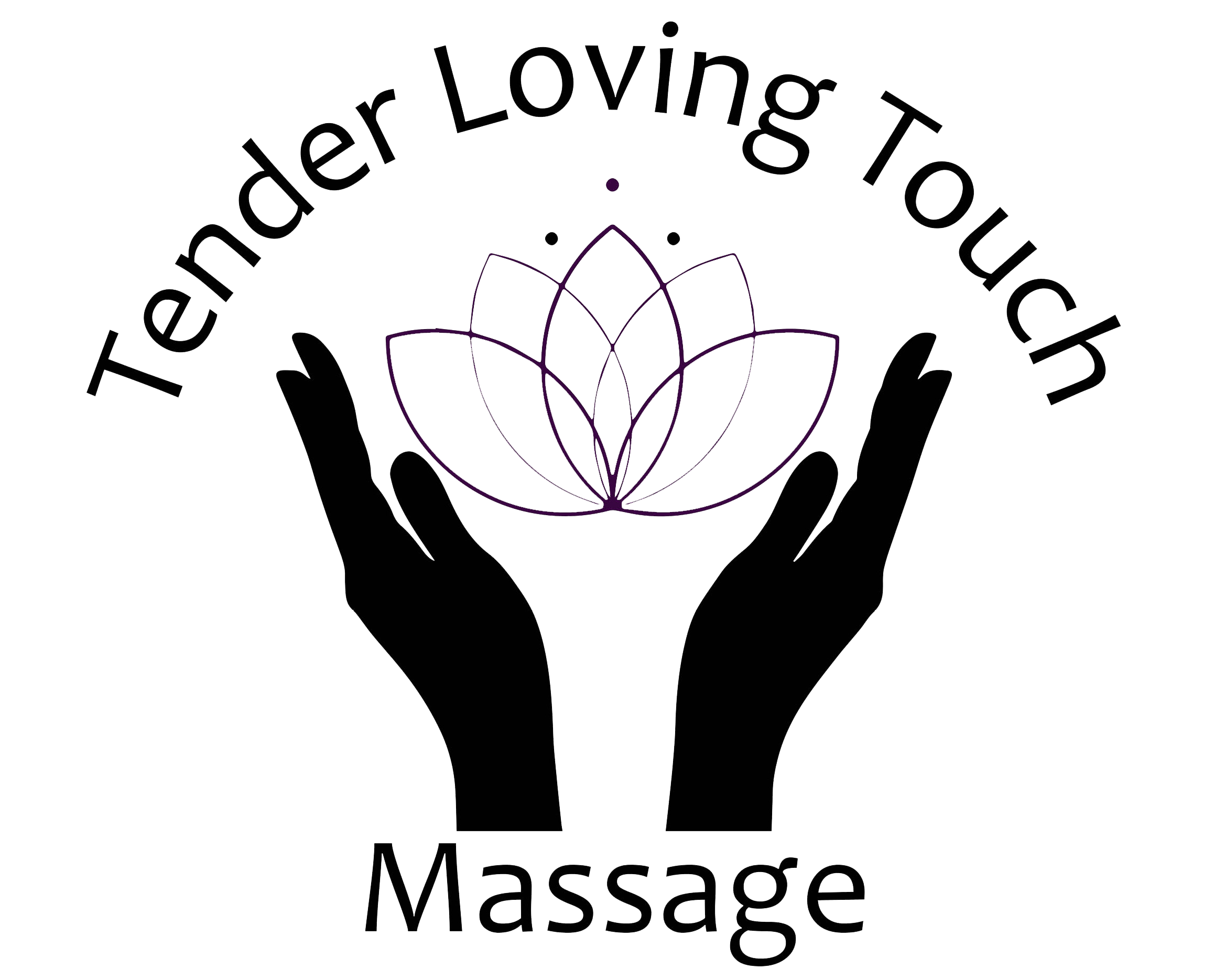Strengths
Gallup Strength Finder Index Results
Responsibility
Your Responsibility theme forces you to take psychological ownership for anything you commit to, and whether large or small, you feel emotionally bound to follow it through to completion. Your good name depends on it. If for some reason you cannot deliver, you automatically start to look for ways to make it up to the other person. Apologies are not enough. Excuses and rationalizations are totally unacceptable. You will not quite be able to live with yourself until you have made restitution. This conscientiousness, this near obsession for doing things right, and your impeccable ethics, combine to create your reputation: utterly dependable. When assigning new responsibilities, people will look to you first because they know it will get done. When people come to you for help—and they soon will—you must be selective. Your willingness to volunteer may sometimes lead you to take on more than you should.
Consistency
Balance is important to you. You are keenly aware of the need to treat people the same, no matter what their station in life, so you do not want to see the scales tipped too far in any one person’s favor. In your view this leads to selfishness and individualism. It leads to a world where some people gain an unfair advantage because of their connections or their background or their greasing of the wheels. This is truly offensive to you. You see yourself as a guardian against it. In direct contrast to this world of special favors, you believe that people function best in a consistent environment where the rules are clear and are applied to everyone equally. This is an environment where people know what is expected. It is predictable and evenhanded. It is fair. Here each person has an even chance to show his or her worth.
Analytical
Your Analytical theme challenges other people: “Prove it. Show me why what you are claiming is true.” In the face of this kind of questioning some will find that their brilliant theories wither and die. For you, this is precisely the point. You do not necessarily want to destroy other people’s ideas, but you do insist that their theories be sound. You see yourself as objective and dispassionate. You like data because they are value free. They have no agenda. Armed with these data, you search for patterns and connections. You want to understand how certain patterns affect one another. How do they combine? What is their outcome? Does this outcome fit with the theory being offered or the situation being confronted? These are your questions. You peel the layers back until, gradually, the root cause or causes are revealed. Others see you as logical and rigorous. Over time they will come to you in order to expose someone’s “wishful thinking” or “clumsy thinking” to your refining mind. It is hoped that your analysis is never delivered too harshly. Otherwise, others may avoid you when that “wishful thinking” is their own.
Harmony
You look for areas of agreement. In your view there is little to be gained from conflict and friction, so you seek to hold them to a minimum. When you know that the people around you hold differing views, you try to find the common ground. You try to steer them away from confrontation and toward harmony. In fact, harmony is one of your guiding values. You can’t quite believe how much time is wasted by people trying to impose their views on others. Wouldn’t we all be more productive if we kept our opinions in check and instead looked for consensus and support? You believe we would, and you live by that belief. When others are sounding off about their goals, their claims, and their fervently held opinions, you hold your peace. When others strike out in a direction, you will willingly, in the service of harmony, modify your own objectives to merge with theirs (as long as their basic values do not clash with yours). When others start to argue about their pet theory or concept, you steer clear of the debate, preferring to talk about practical, down-to-earth matters on which you can all agree. In your view we are all in the same boat, and we need this boat to get where we are going. It is a good boat. There is no need to rock it just to show that you can.
Discipline
Your world needs to be predictable. It needs to be ordered and planned. So you instinctively impose structure on your world. You set up routines. You focus on timelines and deadlines. You break long-term projects into a series of specific short-term plans, and you work through each plan diligently. You are not necessarily neat and clean, but you do need precision. Faced with the inherent messiness of life, you want to feel in control. The routines, the timelines, the structure, all of these help create this feeling of control. Lacking this theme of Discipline, others may sometimes resent your need for order, but there need not be conflict. You must understand that not everyone feels your urge for predictability; they have other ways of getting things done. Likewise, you can help them understand and even appreciate your need for structure. Your dislike of surprises, your impatience with errors, your routines, and your detail orientation don’t need to be misinterpreted as controlling behaviors that box people in. Rather, these behaviors can be understood as your instinctive method for maintaining your progress and your productivity in the face of life’s many distractions.
